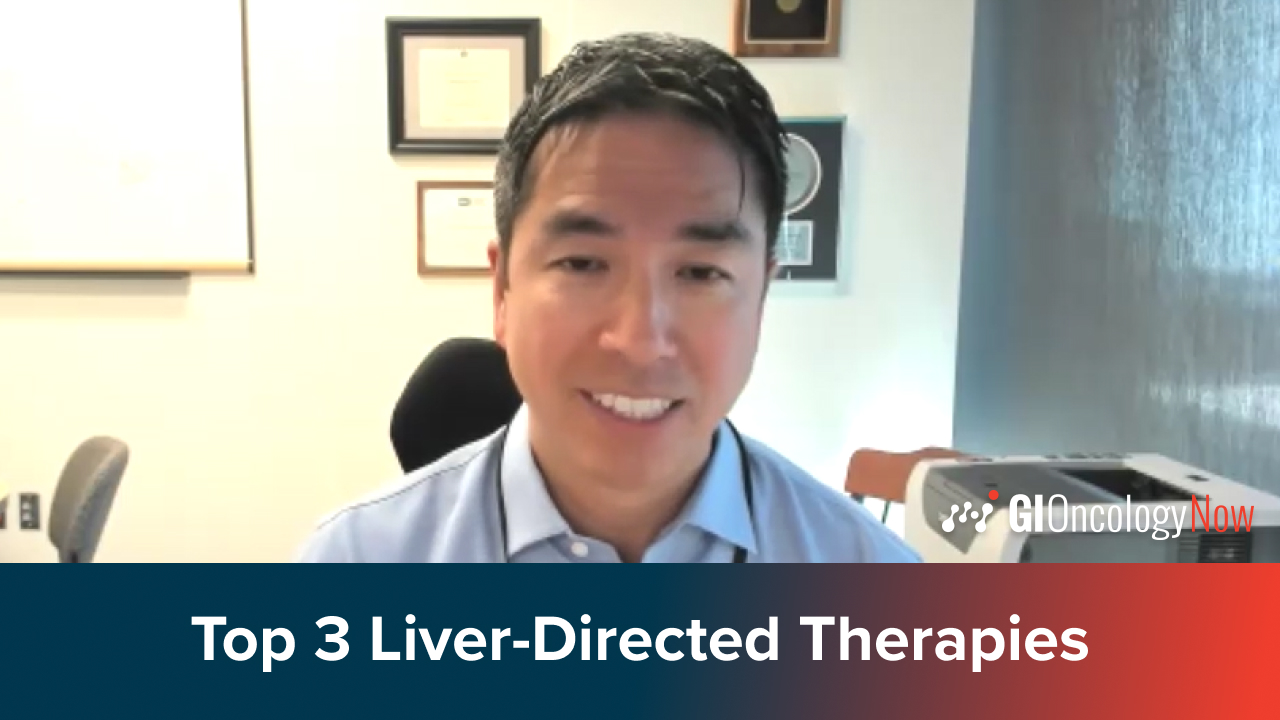
Compared with standard second-line chemotherapy, treatment with avelumab improved progression-free survival (PFS) in patients treated for metastatic colorectal cancer (mCRC) with deficient mismatch repair and/or microsatellite instability (dMMR/MSI) in a randomized clinical trial. These findings were published in JAMA Oncology.
SAMCO-PRODIGE 54, a phase 2, open-label, randomized clinical trial, was conducted between April 24, 2018, and April 29, 2021, at 49 sites across France. In total, 122 patients with mCRC and confirmed dMMR/MSI status who progressed after standard first-line therapy were included in the analysis. Patients were randomized to either standard, second-line chemotherapy or avelumab every 2 weeks until progression, unacceptable toxicity, or patient refusal. The primary end point was PFS. Chemotherapy was delivered alone or in combination with antiangiogenic or anti-epidermal growth factor receptor drugs.
The median age was 66 years, and 53.3% of participants were women. Right-sided tumors were present in 82% of patients, and BRAF V600E–mutated tumors were present in 42.6%. Sixty-one patients were randomized in each study group, and there were no differences in patient or tumor characteristics between groups.
The avelumab arm demonstrated a superior PFS compared with chemotherapy with or without targeted agents: at a median follow-up of 33.3 months, 15 (24.6%) patients in the avelumab arm did not progress compared with 5 (8.2%) in the chemotherapy arm (P=.03). At 12 months, PFS rates were 31.2% (95% CI, 20.1-42.9) and 19.4% (95% CI, 10.6-30.2), respectively. At 18 months, PFS rates were 27.4% (95% CI, 16.8-39.0) and 9.1% (95% CI, 3.2-18.8), respectively.
Overall survival was similar between groups, and both groups demonstrated similar objective response rates (29.5% vs 26.2% for avelumab vs control, respectively). Ongoing disease control at 18 months was present in 75.7% of the avelumab group compared with 19.1% of the chemotherapy group.
The researchers reported no new safety concerns in either treatment group. There were fewer grade ≥3 treatment-related adverse events (AEs) in the avelumab group compared with the chemotherapy group (31.7% vs 53.1%; P=.02). Six patients (9.5%) in the avelumab group and 7 (10.9%) in the chemotherapy group discontinued treatment due to AEs.
The authors noted the probable inclusion of patients who did not meet all study inclusion criteria as a limitation; eleven patients were found to have a World Health Organization performance status score of 2, which was part of the trial’s exclusion criteria, and there were 3 early deaths (within 2 months of study enrollment, prior to treatment).
Overall, the authors concluded, “the findings of this randomized clinical trial show that in [patients with mCRC with dMMR/MSI], avelumab led to significantly longer PFS and fewer treatment-related adverse events than chemotherapy and justify the use of immune checkpoint inhibitors in such patients rather than standard second-line treatments.”







 © 2025 Mashup Media, LLC, a Formedics Property. All Rights Reserved.
© 2025 Mashup Media, LLC, a Formedics Property. All Rights Reserved.